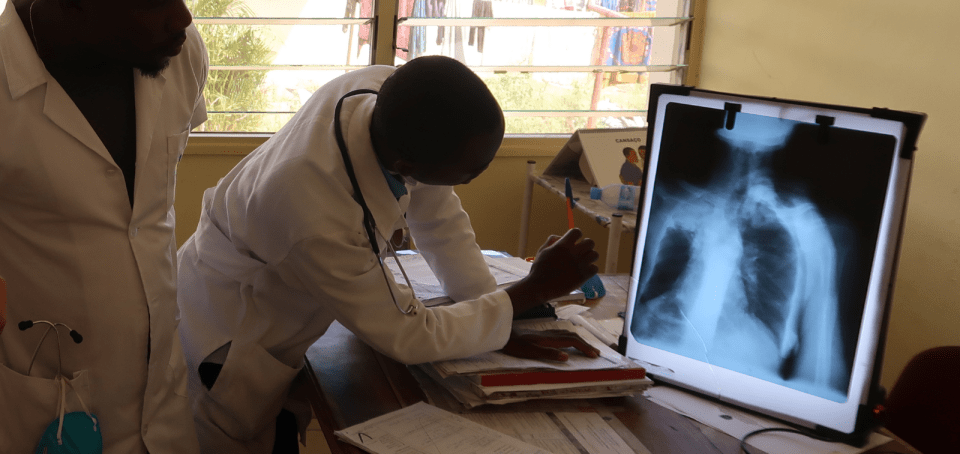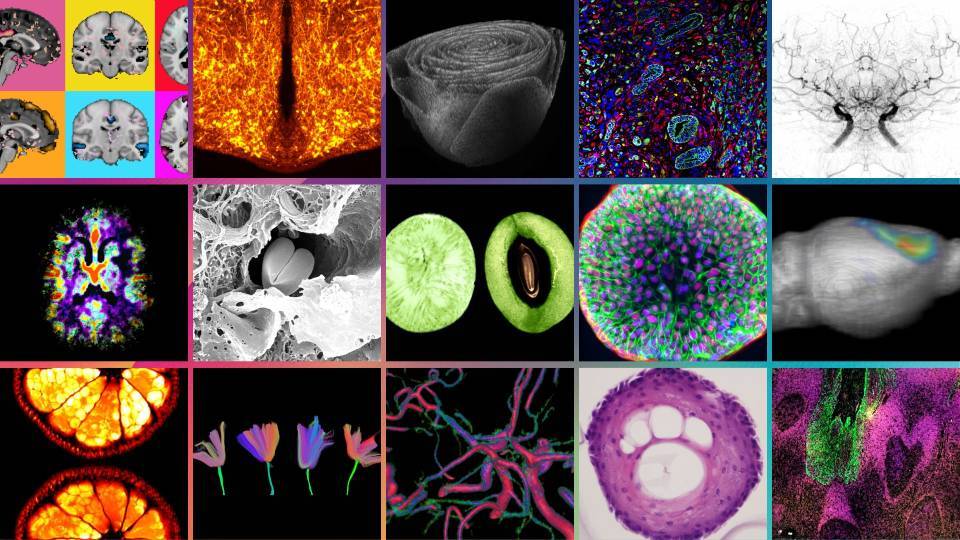The study highlights the importance of continuing care and more intensive treatment strategies in certain subgroups of patients, in order to improve recovery and quality of life.
The study was coordinated by Dr. Josep Dalmau, an ICREA research professor at IDIBAPS, where he leads the Pathogenesis of Autoimmune Neuronal Diseases team and is a consultant in the Neurology Service at the Clínic Barcelona. This was made possible thanks to funding from the “la Caixa” Foundation.
Anti-LGI1 encephalitis is a neurological disorder in which the immune system mistakenly attacks the brain, leading to inflammation and a variety of neurological and psychiatric symptoms. Immunotherapy is the standard treatment, but the study has revealed that symptoms such as cognitive deficits, psychiatric problems and sleep disorders continue to have a significant effect on patients after treatment. “Until now, the symptoms that patients had after treatment had not been characterized, and their persistence indicates that complete recovery may be more complicated than previously thought”, says Dr. Josep Dalmau.
The study was carried out in Spain and included 24 patients with this disease and 18 healthy controls. The study found that, despite the treatment, faciobrachial dystonic seizures (a type of involuntary contraction of the facial muscles) and other symptoms can persist undetected if specific diagnostic tests are not carried out.
Although the administration of additional immunotherapy led to improvements in persistent symptoms in all the patients treated, cognitive deficits remained a challenge in many cases. “It is important to recognize and treat these persistent symptoms in order to improve patients’ recovery and quality of life”, say Dr. Muñoz-Lopetegi and Dr. Guasp, first authors of the study.
The authors of the article highlight the need for continuing care and the possible implementation of more intensive treatment strategies for some patients. They also underline the importance of the use of specific diagnostic tests to identify symptoms that may go unnoticed. These results pave the way for future studies to improve the management of anti-LGI1 encephalitis and potentially other similar neurological disorders.
Study reference:
Muñoz-Lopetegi A, Guasp M, Prades L, Martínez-Hernández E, Rosa-Justícia M, Patricio V, Armangué T, Rami L, Borràs R, Castro-Fornieles J, Compte A, Gaig C, Santamaria J, Dalmau J; Spanish anti-LGI1 Encephalitis Study Group. Neurological, psychiatric, and sleep investigations after treatment of anti-leucine-rich glioma-inactivated protein 1 (LGI1) encephalitis in Spain: a prospective cohort study. Lancet Neurol. 2024 Mar;23(3):256-266. doi: 10.1016/S1474-4422(23)00463-5.




